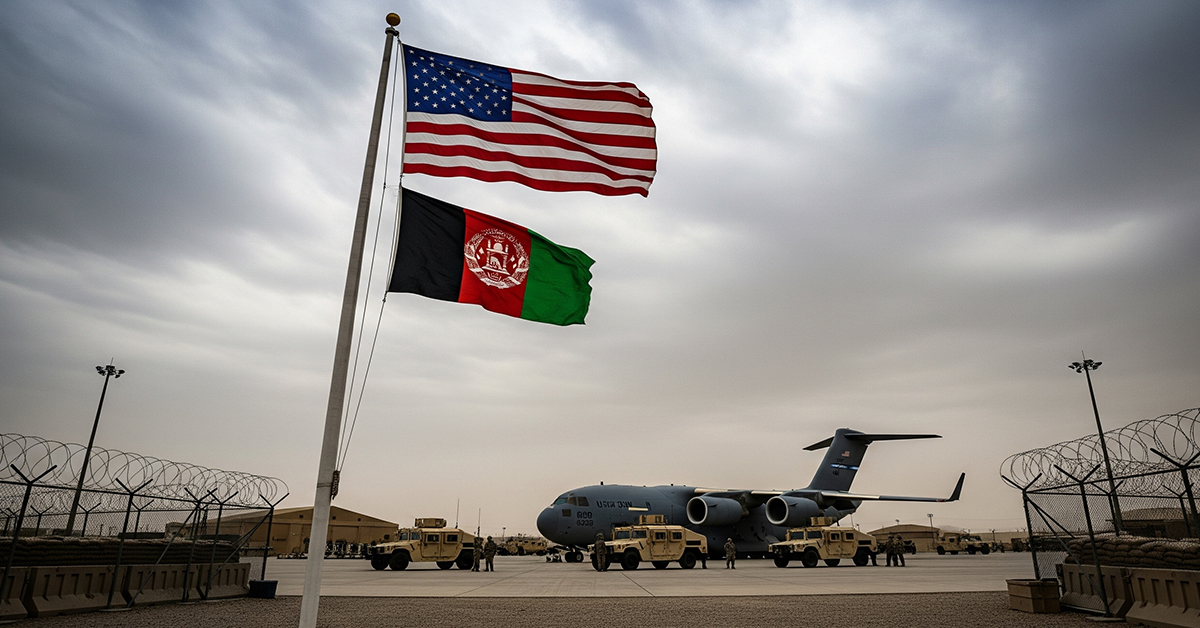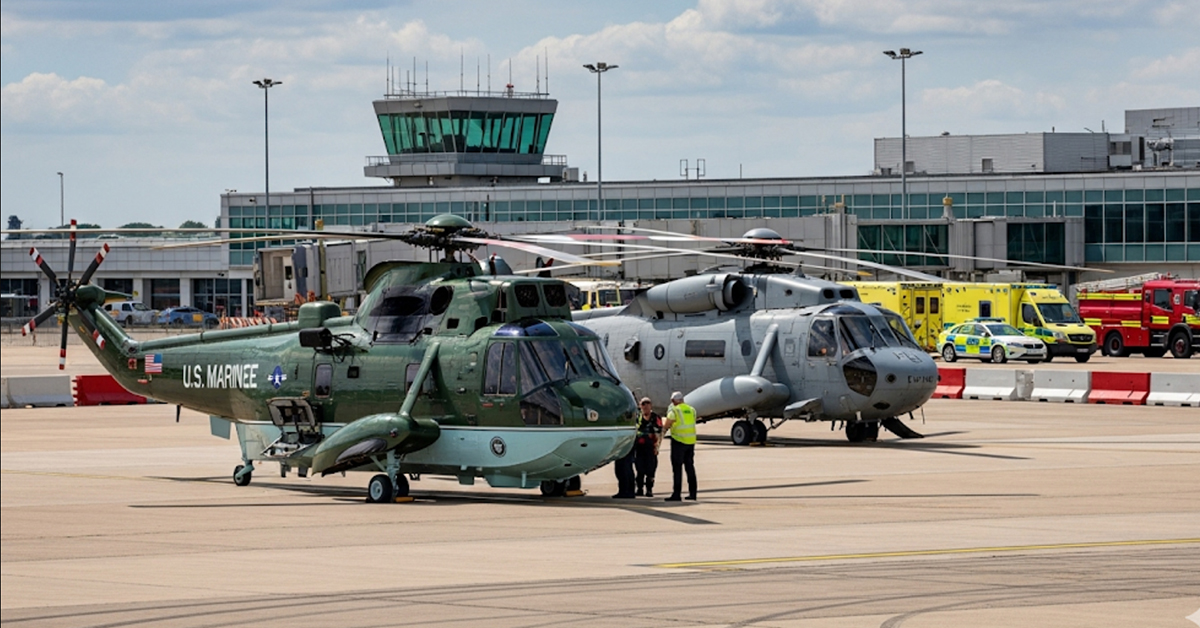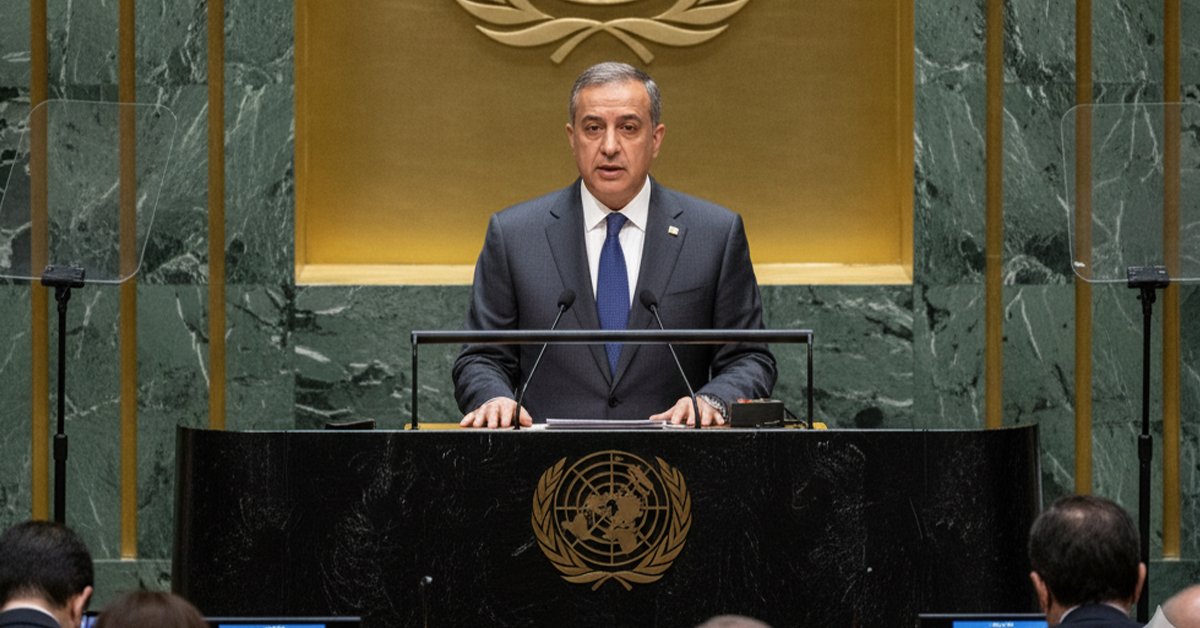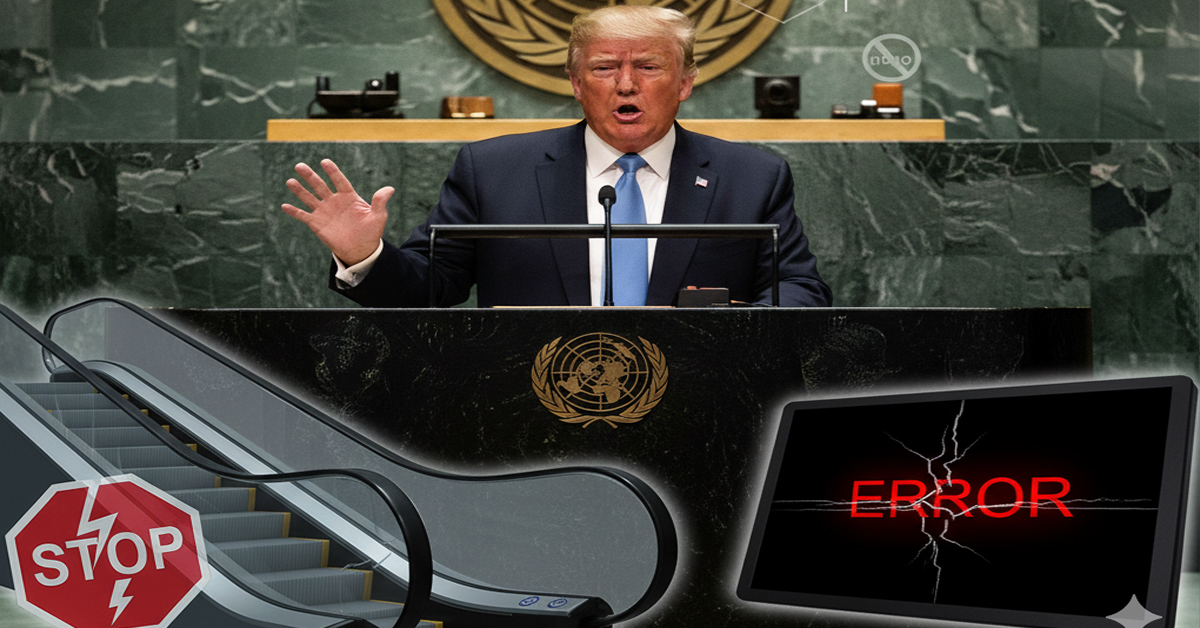In a significant turn of events on the global geopolitical stage, U.S. President Donald Trump has confirmed that the United States is actively seeking to reclaim Afghanistan’s Bagram Air Base from the Taliban. This development, revealed during a joint press conference with UK Prime Minister Keir Starmer, highlights a strategic pivot in American foreign policy aimed squarely at countering China’s growing influence.
Bagram, once the largest U.S. military installation in Afghanistan, holds immense strategic value. Its location, just an hour’s flight from a known site of Chinese nuclear missiles in Hami, Xinjiang province, makes it a critical asset. President Trump’s statement, “One of the main reasons we want it back is because that air base is only about an hour away from where China’s nuclear missiles are located,” underscores the direct link between this move and the ongoing competition between the world’s two superpowers. For years, the U.S. has maintained a network of bases in the Pacific to contain China, but Bagram’s proximity offers a unique and more immediate vantage point to monitor and, if necessary, respond to Chinese military advancements.
The loss of Bagram to the Taliban in 2021, under the Biden administration, has been a persistent point of contention for Trump. He has repeatedly criticized the decision, and his new administration’s focus on reclaiming the base signals a bold, albeit complex, reversal of that policy. The path forward is fraught with challenges. The U.S. government has not formally recognized the Taliban regime and has maintained significant economic sanctions, creating a hostile environment for any direct negotiations. However, reports suggest that the Taliban, facing international isolation and economic hardship due to human rights violations, may be open to talks to restore some form of normalcy with the U.S.
Regaining control of Bagram would offer the U.S. a strategic foothold in Central Asia, a region where China has been expanding its economic and political influence through its Belt and Road Initiative. From a security perspective, it would enable the U.S. to more effectively combat evolving terrorist threats and strengthen its regional presence. Experts believe that a restored U.S. presence at Bagram could provide a swift and timely response to any future aggression from China, enhancing regional stability and American defense capabilities. The potential negotiations with the Taliban, however, represent a delicate diplomatic dance, balancing strategic imperatives with moral and political considerations. The outcome of this effort will likely redefine the balance of power in Asia for years to come.









